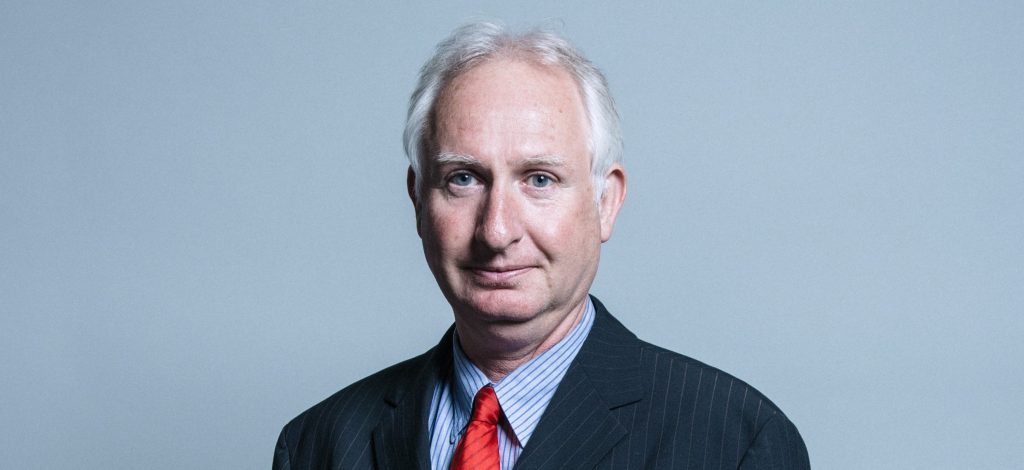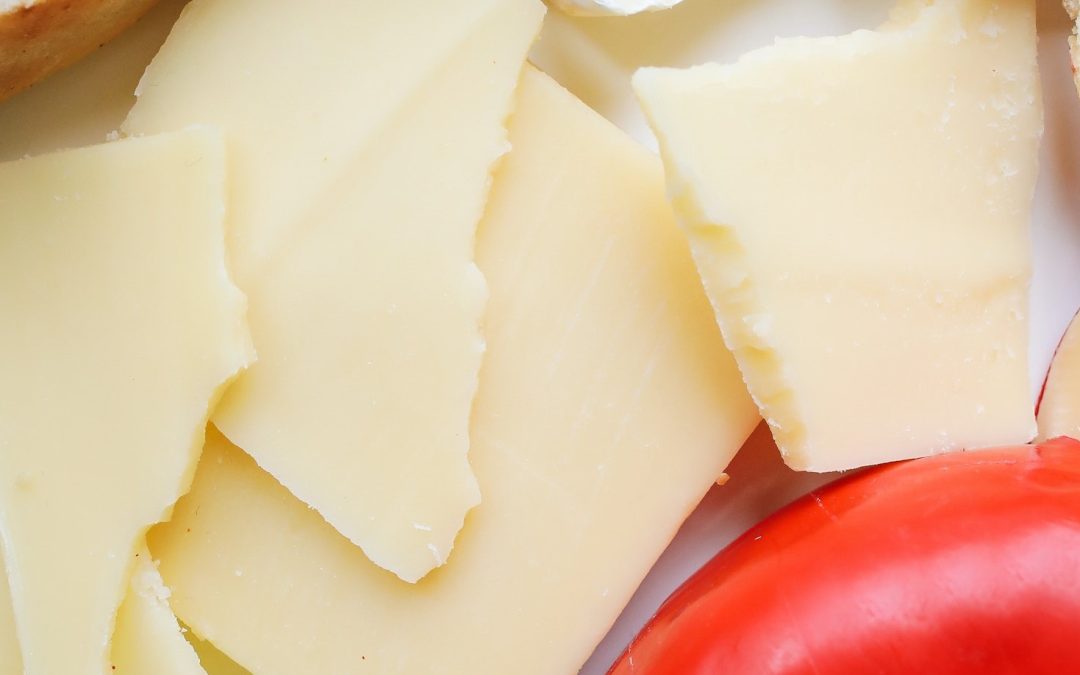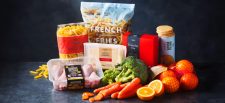British dairy exporters will have “continued access” to Egyptian markets after a trade barrier due to come into effect in 2026 was stopped.
Preventing the trade barrier that was due to come into force in January will protect an estimated £250 million in additional export opportunities for farmers over five years, helping them sell more products like milk, butter and cheese, according to Government.
Following regular UK Government engagement in support of international efforts – led jointly by the Department for Business and Trade (DBT) and Department for Environment, Food and Rural Affairs (Defra) – Egypt will not impose a proposed trade barrier requiring halal certification on all dairy imports.
Government stated that the change would mean British dairy products such as cheese and butter could continue to reach Egyptian shelves “more easily and affordably”.
“The change to certification requirements in Egypt will cut costs and red tape for exporters, boosting growth opportunities.”
Minister for Trade Policy Douglas Alexander stated: “This is a clear win for UK farmers. By opening up the Egyptian market, we’re helping British farmers sell more of their world-class dairy abroad.
“This is what our Trade Strategy looks like in action: removing barriers, boosting exports, and backing communities across the UK.”

Food Security Minister Daniel Zeichner commented: “Britain is a great place for dairy farming and has an excellent reputation for quality, welfare standards and sustainability globally.
“The change to certification requirements in Egypt will cut costs and red tape for exporters, boosting growth opportunities.
“This is a key example of the Government’s Plan for Change in action, unlocking investment for businesses in the UK.”
In 2024, the UK exported around £26 million of dairy items to Egypt, and Government said that removing this barrier “protects UK exporters already exporting to Egypt and those looking to enter the market for the first time”.
The proposed barrier would have required halal certification on dairy products, adding more than £1,000 per shipment in costs and complexity. Its removal has reportedly protected UK exporters from these additional burdens – “reducing costs, simplifying export procedures, and creating new commercial opportunities” for processors.
“Hopefully this change will open growth opportunities for other dairy categories such as cheese and butter.”
Rod Addy, director general of the Provision Trade Federation, said: “Egypt’s decision to remove mandatory halal certification requirements for imports of dairy products is a welcome development, eliminating a longstanding trade barrier for UK exporters, especially at a time of broader market uncertainty.
“The UK is currently among the leading suppliers of dairy products to Egypt, with average annual exports valued at around £26 million in 2024 – driven primarily by powdered milk and cream.
“Hopefully this change will open growth opportunities for other dairy categories such as cheese and butter, helping to diversify and expand the UK’s export portfolio in this key market benefiting both UK producers and Egyptian consumers.”
This forms part of the Government’s Trade Strategy, launched in June, which is focused on removing market access barriers, opening new markets, and growing the UK economy.









